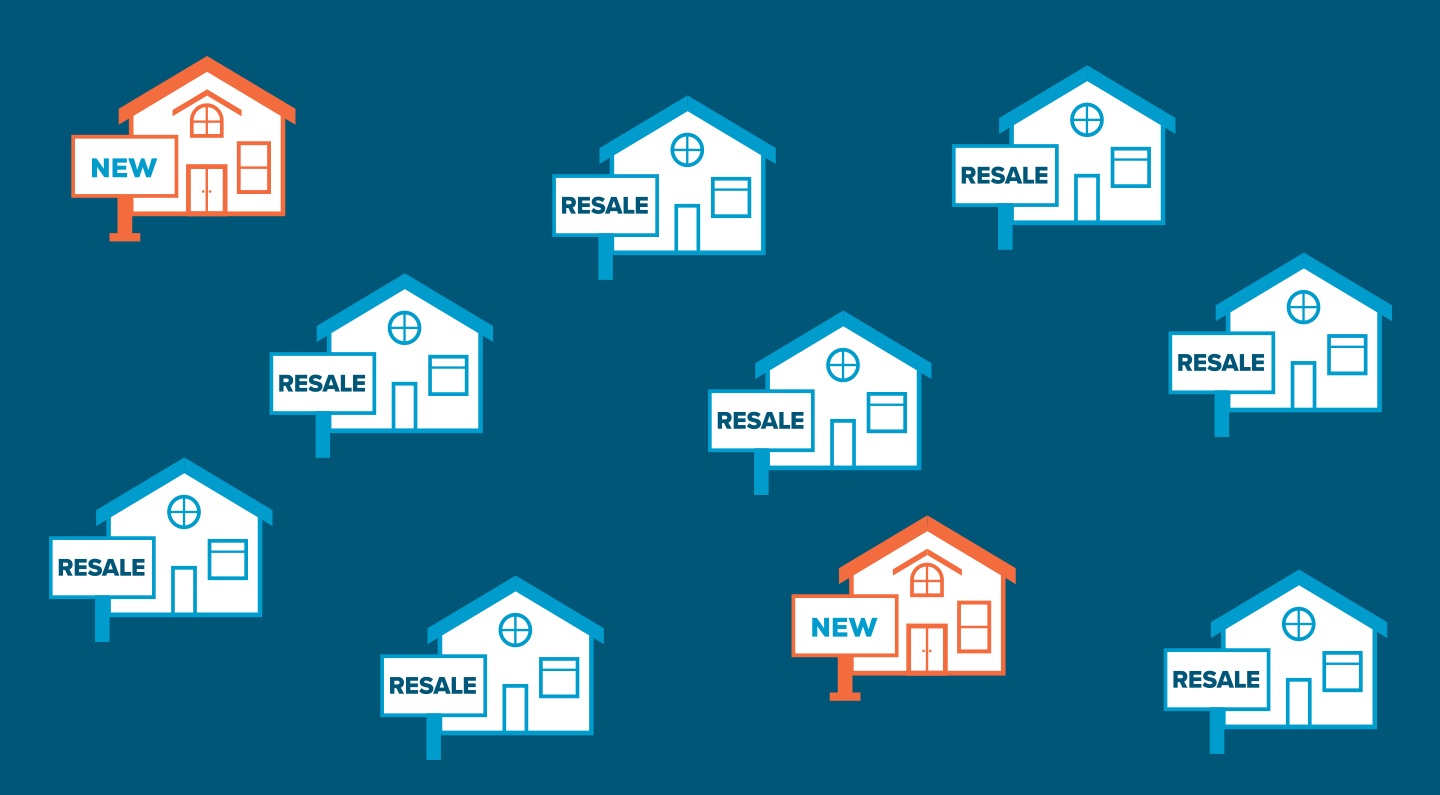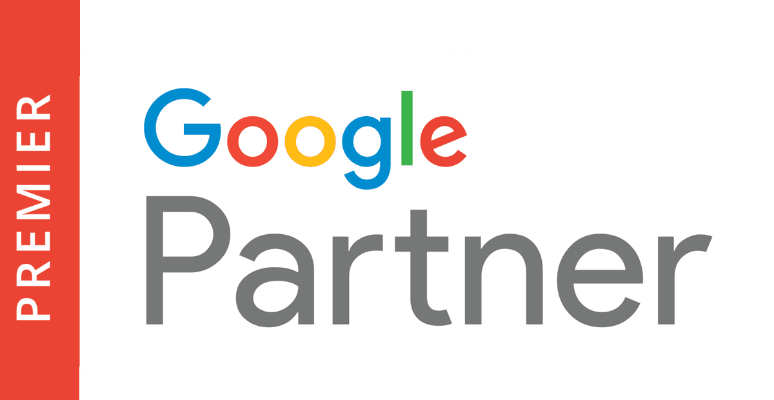Being Real Without Seeming Fake: Brand Purpose and Social Responsibility in Marketing
In order to sell your product, your company must connect with customers.
We’re not talking about just getting your message in front of customers’ eyes, but really reaching them at their core.
This is the true goal, challenge, and magic of marketing: to make the customer feel your message is speaking just to them.
But the work starts even before your marketing team begins their strategic dance of words and images.
Before you can reach your customers, before you come up with branded mugs for your team of employees, before you do any bit of marketing you must ask (and answer, of course) the most important question your business will ever face: Why does your company exist?
It may seem like a simple question, but its implications are profound. And, the answer is never simply “to make money.” That’s just a positive byproduct of success.
Because in today’s fast-paced and ever-changing world of business, it’s not enough for companies to simply exist and sell products or services. Consumers are increasingly looking for brands that go beyond profit making. Customers want to align themselves with companies that have a strong sense of social responsibility and contribute positively to society.
This is the challenge of business, and this is where marketing can truly shine. Let’s explore.
Brand Purpose
Your brand purpose is “why” your company exists. And the main man behind the push of defining your company’s “why” is, of course, Simon Sinek. Author and speaker, Simon has been championing “why” since his 2009 book (and following TEDx Talk), Start with Why.
Simon’s concept of “why” is at the center of his golden circle of business identity. As he writes, to discover the true depth of your business, you work your way from the center out of the golden circle. You begin in the center with why your brand is here: your brand purpose. That informs the next layer, where your brand is going: your company vision. The next layer is your company’s mission: what makes you committed to your vision. And finally, the outer circle of Simon’s business identity is how you will reach your vision: your company’s values.
So, we’ll ask again: Why does your company exist? Is it to benefit a section of society or society as a whole? Is it to amuse people in their day-to-day adventures, no matter how small those adventures may be? Knowing this deep-down “why” is essential to really understanding the purpose of your business. And this purpose which will inform and flavor all your marketing efforts.
By zeroing in on a precise reason your company exists, codifying your brand purpose (that is, putting it in writing), and basing business decisions on your brand purpose, all that you do and all that you say will sparkle with authenticity. Because of all the issues and predictions about integrating or abusing Artificial Intelligence, being authentic is even more important than ever. In fact, 62% say they are less likely to engage with content knowingly created by Artificial Intelligence. All this is why Forbes has called 2024, “The Year of Authenticity.”
Authenticity vs. Self-Promotion
You want your audience to know more about your company. You want to inform them of your successes, strengths, and your unique selling proposition. What you don’t want to do, however, is wade into the pool of constant self-promotion.
Too much leads to unhappy customers, because they are paying attention (34% say they follow brands on social media who focus too much on themselves). You don’t want to make unhappy customers, but you REALLY don’t want them to stop seeing your messaging. The data is a little old, but the warning is still prescient: 45% will unfollow your brand if they see too much self-promotion.
So, yes, it’s okay to talk up your achievements, but only posting about them is not being authentic in the eyes of your audience (it’s being just overly sell-y). To be authentic, you need to look back to your “why” (i.e., examine your brand purpose), and then tie your news, messages, and updates to that purpose. And then relate it to how it will benefit of your customers (more on that later).
Let’s see an example!
Self-Promoting:
Widget Co. has the greatest Widget ever and has won 14 Widgies at the 2024 Widget Awards. We are the best.
Why It’s Bad:
The above statement is just a brag, nothing else. It doesn’t reference anything to do with the customer. It doesn’t even reference that real people make up your company. It’s a self-promoting post with no sense of why your company exists.
Authentic:
As a reflection of our devotion to create a Widget that speeds up your ability to widgetize your data, our team has been recognized with 14 Widget Awards. Thank you for your support and trust in us, allowing Widget Co. to better serve your needs.
Why It’s Good:
This message does include the mention of winning awards; however, it puts it more into a context of celebrating the hard work of the team in support of the customers. And to connect with the audience even more, it thanks the customers for their support and trust.
Authenticity Includes Social Responsibility
Your company doesn’t exist in a bubble: It’s not only connected to your customers, but also other businesses, your community, and the world as a whole. And customers are putting greater importance on, and paying more attention to, your brand’s social responsibility. When looking at Gen Z (a generation with high spending power), 94% said they “expect companies to take a stand on important social issues.”
Showing a genuine interest in social issues (and backing it up with action) is a fantastic way to demonstrate your authenticity. Social responsibility gives your company more of a soul, so to speak, which helps you connect with your audience.
And how will your customers reward you when they notice your company is being more authentically socially conscious? With more business, naturally: 90% of Gen Z shoppers said they are “more willing to purchase products that they deem beneficial to society.” And not only that, but globally, 57% indicated “they are more loyal to brands that commit to addressing social inequities.”
“Loyalty” is another word for “trust.” If you earn customer trust through your actions, they will reward you many times over: both by being a return customer and by becoming an unofficial brand ambassador for your company.
Authenticity Bonus: User-Generated Content
When your audience views your company as authentic, when it demonstrates to your customers its purpose and socially responsible, it can reap a special bonus: user-generated content (USG). We’ve explored USG in more detail in a previous blog post, but the important aspect of it here is the authenticity it adds to your brand.
USG is a powerful tool, especially when it’s unsolicited. Unlike content created by professionals, “real people” make UGC: customers who genuinely use and love your brand, product, or service. This makes it more relatable and trustworthy for other potential customers.
Think about it: You see a post from someone just like you, sharing their experience with a particular product, you feel more inclined to believe them. And you’re not alone. In a recent survey, 17% said they shared company posts, while over double that (36%) shared posts by other users. USG allows individuals to showcase their genuine thoughts and feelings without any filters or ulterior motives.
Another great thing about UGC is its diversity. It comes in various forms, such as reviews, testimonials, photos, videos, and social media posts. This variety adds depth and richness to the overall user experience. You get to hear different perspectives, see unique angles, and truly understand how a product or service impacts people’s lives. That’s the power of authenticity in action!
Brand Purpose and Authenticity in Real Estate Marketing
Since our specialty here at AdsIntelligence Marketing is real estate, we’d be remiss if we didn’t examine the importance of authenticity specifically in this industry. While authenticity resonates throughout all marketing endeavors, it’s enormously important with real estate marketing because a home is (normally) the biggest purchase someone will ever make.
Homebuyers look to real estate builders and developers for their level of social responsibility. Greener building techniques, energy-efficient technology, and community support are just some what buyers are hoping to find when researching your company. They want evidence that the builder of their new home cares more about just the sale of a property: Homebuyers want to know their home builder invests in their home, their community, and their future.
An informative article by the Harvard Business Journal, Greg Ellis (former CEO and managing director of global real estate advertising company REA Group) said his company’s purpose was “to make the property process simple, efficient, and stress free for people buying and selling a property.” He called this purpose his company’s “philosophical heartbeat,” and stressed how it puts all members on the team thinking in terms of what the customer is going through. “This is what we’re doing for someone else.”
When we market real estate, we always include the secret sauce: price, product, and location. That’s because these are the three most important aspects that interest prospective homebuyers: How much does it cost? What sort of home is it? Is it where I want to live? We provide these data points up front because we’ve already stepped into the shoes of the buyer.
But this is just the beginning of how we craft authentic real estate marketing. We next make sure the buyer knows what makes the home special: the rooms, the space, the features, the community amenities—everything that will allow them to make a more informed purchase. Of course, we use a bit of the flowery hues of marketing to better color the copy, but the we never cross the line in presenting something as it’s not. We pride ourselves in making our marketing authentic to its respective homes and community.
Next, we need to show buyers what the builder’s “why” is. Why do they build homes? What do they stand for? We work the builder’s brand purpose into their messaging, and give the potential buyer all the authentic answers to “Why should I buy this home from this builder?”
AdsIntelligence Marketing Champions Your Brand Purpose and Authenticity in Marketing
At AdsIntelligence Marketing, we deftly distill your brand purpose into golden threads that are woven into all our marketing endeavors. We let your authenticity sparkle through the messaging we create to strengthen your advertising and let it shine. We can even reach elusive potential homebuyers looking at your biggest competition.
When you want to keep it real without seeming fake, get in touch with AdsIntelligence Marketing!








